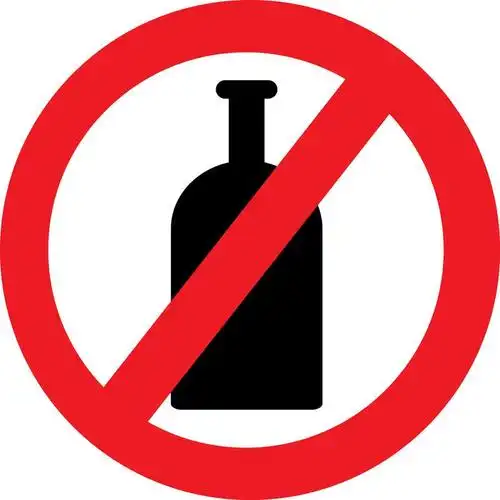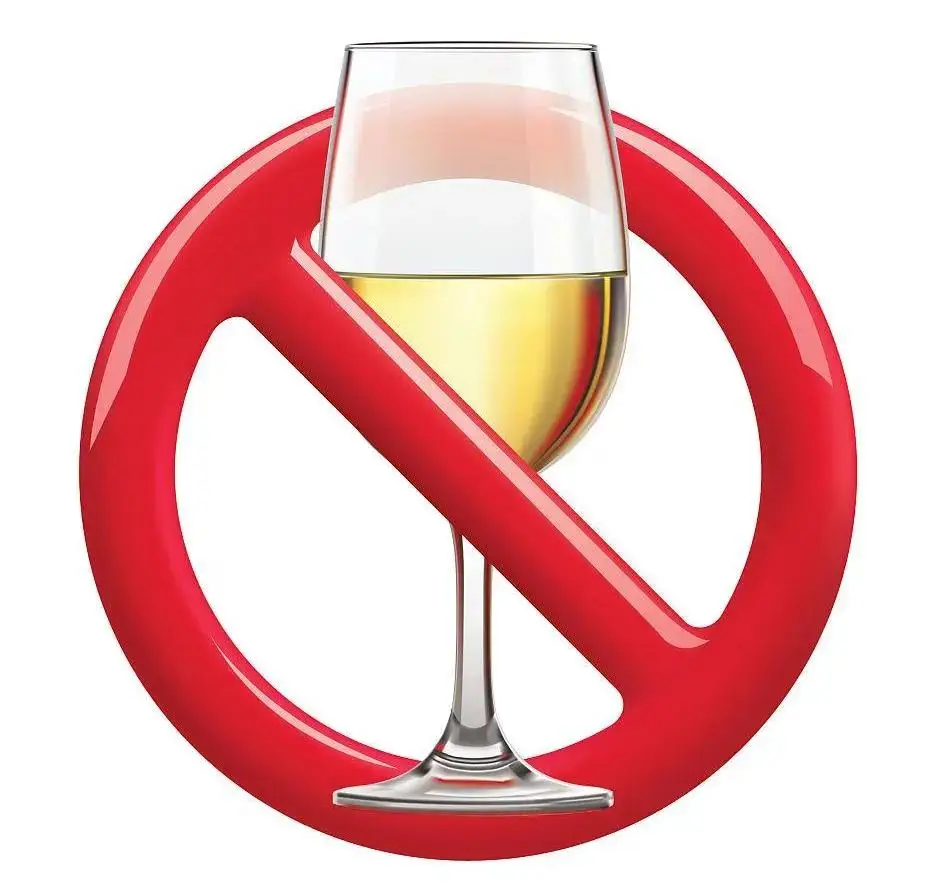The Midnight Intruder: How Alcohol Disrupts Your Sleep and Why Quitting Helps You Rest Through the Night
For many, a glass of wine or a nightcap seems like the perfect way to unwind after a long day. It’s a ritual embedded in social gatherings, relaxation practices, and even cultural traditions. Yet, what appears to be a shortcut to relaxation often comes with a hidden cost: disrupted sleep, particularly those frustrating middle-of-the-night wake-ups. If you’ve ever found yourself wide awake at 3 a.m. after an evening of drinking, you’re not alone. Science confirms that alcohol, despite its sedative effects, is one of the most common culprits behind fragmented sleep. Understanding why this happens—and how quitting alcohol can restore your ability to sleep soundly through the night—is key to reclaiming restful nights and energized days.
The Seductive Lure and the Hidden Trap
At first, alcohol seems to work like a charm. It depresses the central nervous system, inducing feelings of relaxation and drowsiness. This is why many people fall asleep faster after consuming alcohol. However, this initial sedative effect is deceptive. As your body metabolizes alcohol, it undergoes significant changes that directly interfere with the architecture of sleep—the natural cycles that ensure restorative rest.

Sleep is not a uniform state but a dynamic process consisting of multiple stages, including light sleep, deep sleep, and rapid eye movement (REM) sleep. Each stage plays a critical role in physical repair, memory consolidation, and emotional regulation. Alcohol disrupts this delicate balance, leading to what sleep experts call "sleep fragmentation."
Why Alcohol Wakes You Up at Night
The relationship between alcohol and middle-of-the-night awakenings can be broken down into several physiological mechanisms:
-
Metabolic Interference and the Rebounds Effect As your body processes alcohol, it produces byproducts like acetaldehyde, which can stimulate the brain once the initial sedative effect wears off. This often occurs in the second half of the night, leading to abrupt awakenings. Additionally, alcohol suppresses REM sleep early in the night, causing a "REM rebound" later—a period of intense, often disruptive dreaming that can jolt you awake.
-
Disruption of Melatonin Production Alcohol interferes with the production of melatonin, the hormone responsible for regulating sleep-wake cycles. By altering melatonin levels, alcohol confuses your internal clock, making it harder to stay asleep once the initial drowsiness fades.
-
Increased Urination Alcohol is a diuretic, meaning it promotes fluid loss and increases urine production. This often leads to nighttime trips to the bathroom, breaking the continuity of sleep. Even if you don’t fully wake up, these interruptions prevent you from entering the deeper, more restorative stages of sleep.
-
Impact on Breathing Alcohol relaxes the muscles in the throat, which can exacerbate breathing problems like snoring or sleep apnea. These conditions cause micro-awakenings throughout the night—brief arousals that you may not even remember but which prevent you from achieving sustained deep sleep.
-
Blood Sugar Swings Alcohol can cause fluctuations in blood sugar levels. A drop in blood sugar during the night can trigger the release of stress hormones like cortisol and adrenaline, which stimulate the body and mind, pulling you out of sleep.
The Vicious Cycle of Poor Sleep
The consequences of alcohol-induced sleep disruptions extend far beyond feeling groggy the next day. Consistently interrupted sleep can lead to a cascade of negative effects, including impaired cognitive function, mood disturbances, weakened immunity, and an increased risk of chronic conditions like hypertension and diabetes. Moreover, poor sleep often creates a vicious cycle: feeling tired the next day may lead you to rely on alcohol again to unwind, perpetuating the problem.
Quitting Alcohol: The Path to Uninterrupted Sleep
The good news is that the negative effects of alcohol on sleep are largely reversible. By reducing or eliminating alcohol consumption, you can restore your natural sleep patterns and enjoy uninterrupted rest. Here’s how quitting alcohol helps:
-
Restoration of Sleep Architecture Without alcohol, your body can resume its natural sleep cycles, including sufficient deep sleep and REM sleep. Studies show that within a few weeks of quitting alcohol, sleep quality significantly improves, with fewer awakenings and more time spent in restorative stages.
-
Stabilized Hormones and Neurotransmitters Abstaining from alcohol allows your body to recalibrate the production of sleep-regulating hormones like melatonin and neurotransmitters like GABA and glutamate. This helps stabilize your sleep-wake cycle, making it easier to fall asleep and stay asleep through the night.
-
Reduced Nighttime Urination Without the diuretic effect of alcohol, you’re less likely to wake up for bathroom breaks, allowing for longer periods of uninterrupted sleep.
-
Improved Breathing Quitting alcohol reduces the relaxation of throat muscles, decreasing the likelihood of snoring and sleep apnea episodes. This leads to fewer micro-awakenings and more consolidated sleep.
-
Better Stress Management Alcohol may seem like a stress reliever, but it ultimately increases anxiety and disrupts the body’s ability to manage stress. By quitting, you allow your nervous system to regain balance, reducing nighttime cortisol spikes that can cause awakenings.
Practical Steps to Quit and Reclaim Your Sleep
If you’re ready to break free from alcohol-induced sleep disruptions, here are some actionable steps:
- Gradual Reduction: If quitting cold turkey feels daunting, start by gradually reducing your alcohol intake. Even cutting back can lead to noticeable improvements in sleep.
- Establish a Bedtime Routine: Create a relaxing pre-sleep ritual that doesn’t involve alcohol. This could include reading, meditation, or drinking herbal tea.
- Stay Hydrated: Replace alcoholic beverages with water or non-caffeinated drinks during the evening to support hydration without disruption.
- Seek Support: If you find it challenging to quit, consider reaching out to a healthcare professional or support group. Sometimes, addressing underlying habits or stressors is key to lasting change.
Conclusion
While alcohol might offer the illusion of relaxation, its impact on sleep is anything but restful. The middle-of-the-night wake-ups it causes are a sign of deeper disruptions to your body’s natural rhythms. By choosing to quit or reduce alcohol, you’re not just avoiding a temporary nuisance—you’re investing in long-term health, well-being, and the profound rest your body and mind deserve. Sleep is one of life’s essential pleasures and necessities; reclaiming it is a journey worth taking.





发表评论